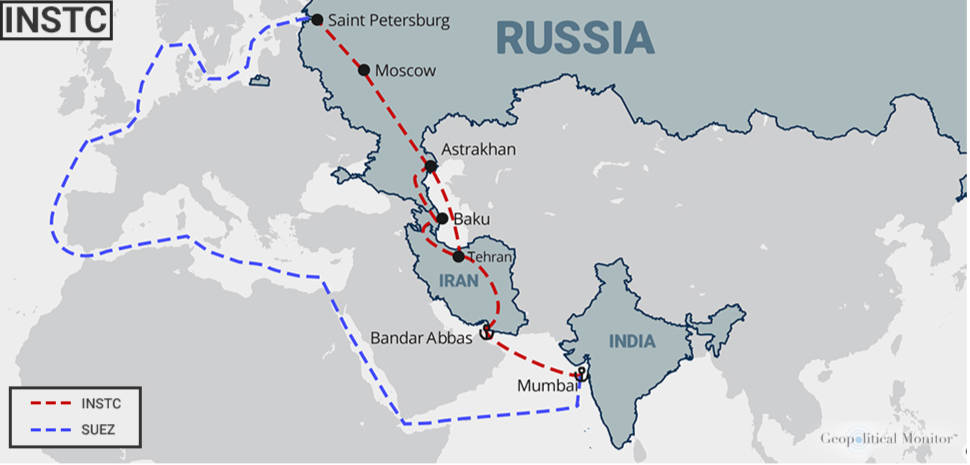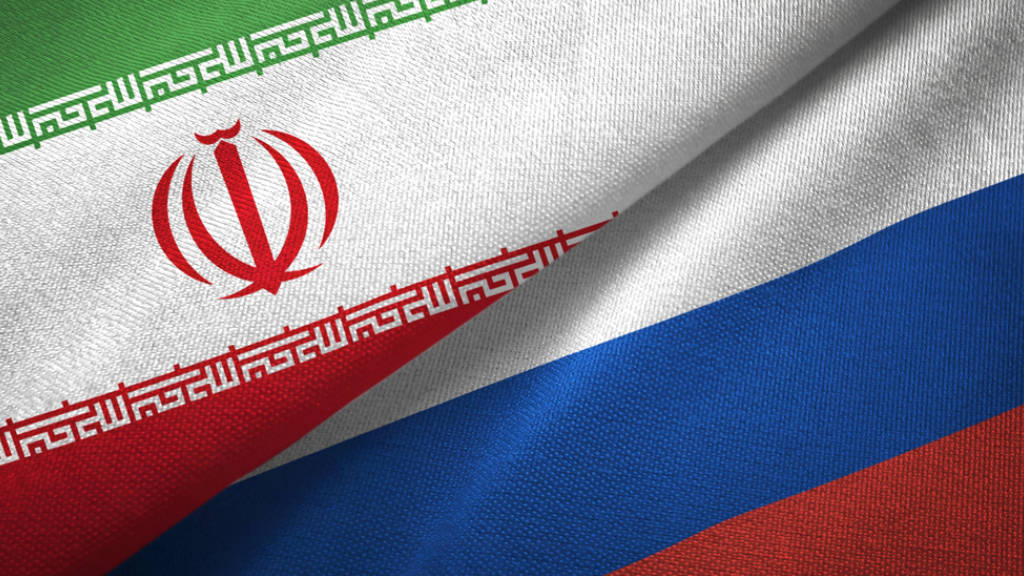Russia’s Prime Minister, Mikhail Mishustin met with Iranian President Masoud Pezeshkian and Vice President Mohammad Reza Aref in Tehran on September 30 (Monday), with the discussions coming as fears grow of a Middle-East war.
However, the talks, at least officially, focused on bilateral cooperation between the two nations, the expansion and diversification of trade, as well as work on major investment projects.
Mishustin said that “Russia is genuinely interested in taking our cooperation to a higher level, giving it a new meaningful implementation. Issues on the bilateral agenda were discussed. But today these issues already go far beyond the ties between Russia and Iran, since, to a large extent, they determine how relations will be built in the conditions of the formation of a new world order.”
The scope of the discussions reached beyond the bilateral ties, with the participation of the two countries in major multinational projects being on the agenda.
Western countries have accused Iran of supplying military drones to Russia for use in Ukraine in exchange for nuclear power technology, feared to also be capable for use in weapons. Both sides deny this. Both have also been extensively sanctioned by the West and disconnected from the SWIFT financial settlements system.
Regardless, Mishustin’s visit is the first-ever official trip of a head of the Russian government to Iran. The two sides discussed strengthening cooperation in Eurasia, including the development and expansion of the International North-South Transport Corridor, which runs through both Russia and Iran. That route, although not fully completed, provides Russia with export access to the Middle East, East Africa and South Asia.
Mishustin said that “We consider logistics and transportation infrastructure as the most promising sphere. Russia and Iran have great transit potential both in the Caspian region and in Eurasia. We are actively developing international corridors: the International North-South Transport Corridor connects Russia’s Baltic and northern ports with Iranian ones in the Persian Gulf and in the Indian Ocean, it provides all Eurasian states with direct access to the rapidly growing markets of the Asia-Pacific region and Africa.”

The trip comes just two weeks after the secretary of Russia’s Security Council and former defense minister, Sergey Shoigu, also visited Iran. During his visit, Shoigu met with Pezeshkian and other top officials for talks that reportedly revolved around carrying out large joint projects in fields involving transport, energy, industry, and agriculture.
Russia and Iran have also been discussing a major bilateral agreement, although delays have occurred with the death of the former Iranian President Ebrahim Raisi in an aircraft crash earlier this year. This agreement would replace a 10-year deal signed in 2001, which has been extended several times. The new pact is to have a 20-year duration and be more ambitious in terms of military, economic, and political cooperation. In February this year, Russian Deputy Prime Minister Alexander Novak and Iran’s Oil Minister Javad Owj signed 15 memoranda of understanding during a meeting of the Iran-Russia Joint Economic Commission in Tehran. This new round of discussions can be expected to have continued their dialogue as concerns a new agreement, which could amount to hundreds of billions of dollars in value spread over the next two decades. Russia-Iran 2023 bilateral trade reached about US$5 billion.
In December 2023, the Eurasian Economic Union (EAEU) countries signed a Free Trade Agreement with Iran, which replaced the temporary pact that had been in effect since 2019. Russia ratified the agreement in May 2024 and, according to Deputy Prime Minister Alexei Overchuk, it should enter into force in early 2025. Russia and Iran are also members of BRICS and the Shanghai Cooperation Organization.
According to the Iranian government, President Pezeshkian will hold talks with his Russian counterpart Vladimir Putin during his visit to the BRICS summit in Kazan this month. This will be the Iranian leader’s first visit to the Russian Federation since the elections.
In the context of the formation of a new world order, it should be noted that Iran has significant energy reserves: it ranks third in the world in terms of proven oil reserves and second in terms of natural gas reserves. Iran accounts for 24% of the Middle East’s oil reserves and 12% of the world’s volumes.
Further Reading
Moscow: Iran Would Benefit By Joining BRICS New Development Bank
Continue Reading





 Русский
Русский









